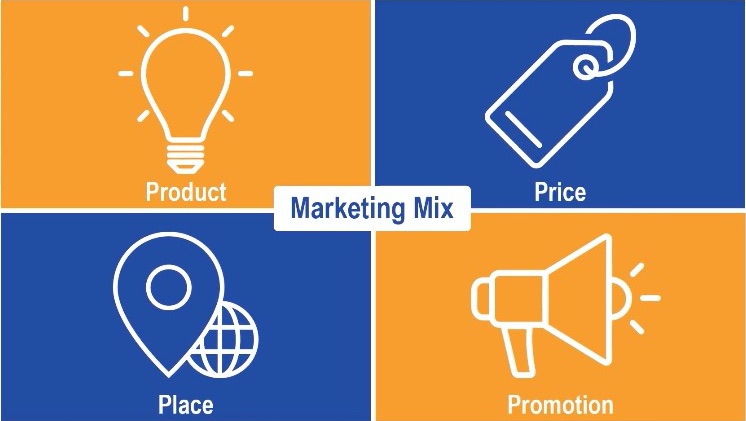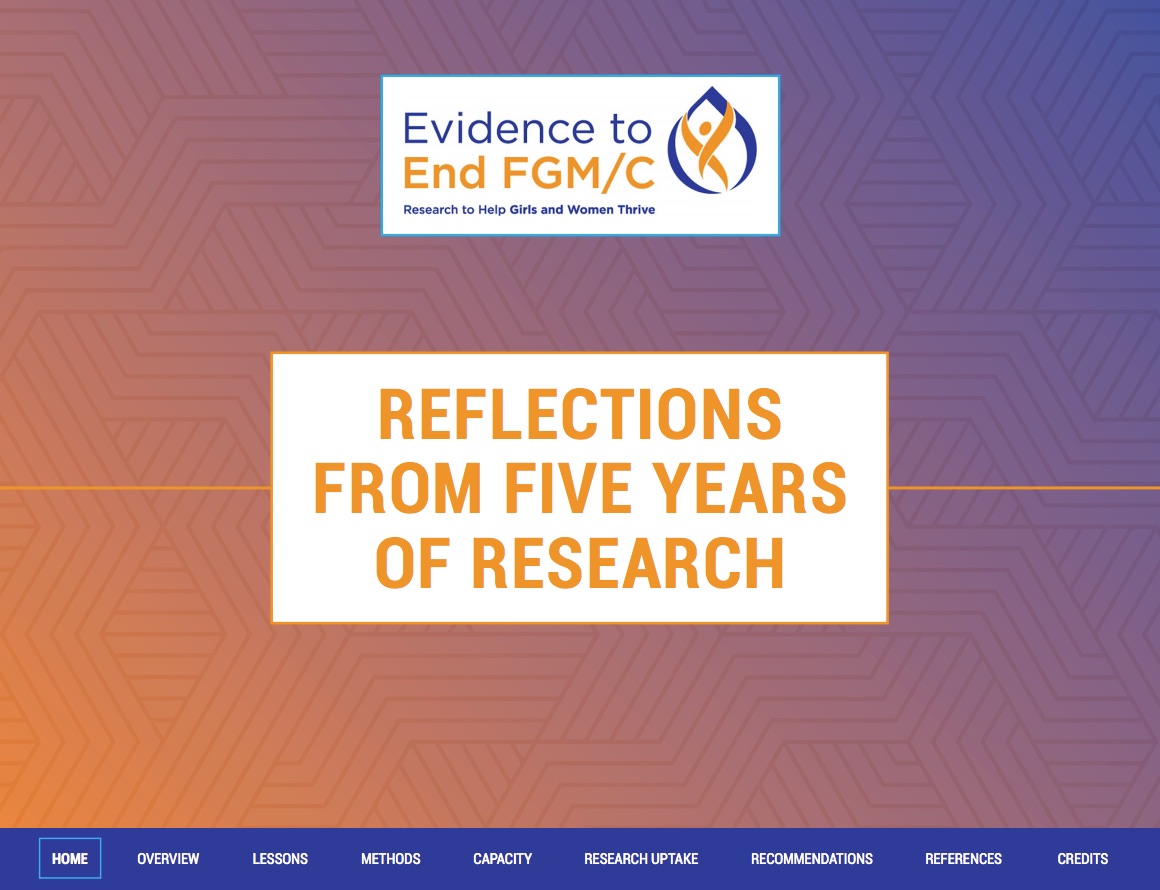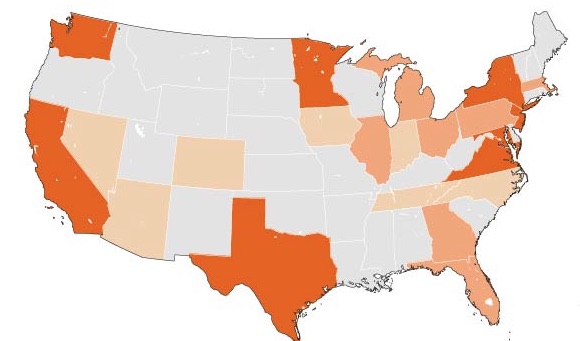Project: PACE: Policy, Advocacy, and Communication Enhanced for Population and Reproductive Health
Short Videos Highlight Important FGM/C Data
(2017) The videos aim to expand understanding of key data issues in FGM/C research, including the importance of looking beyond national prevalence to identify hotspots or areas within a country where FGM/C is widely practiced, analyzing change over time by comparing older and younger cohorts rather than changes in overall prevalence, and understanding the various questions and data gaps that are raised by newly available data in Indonesia.








